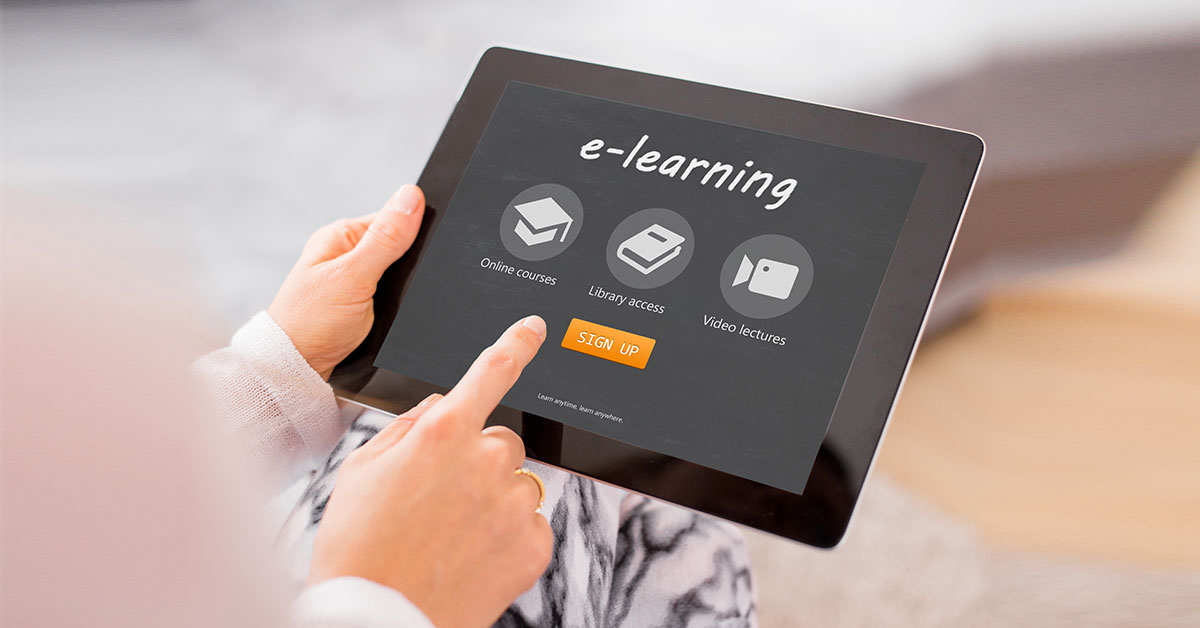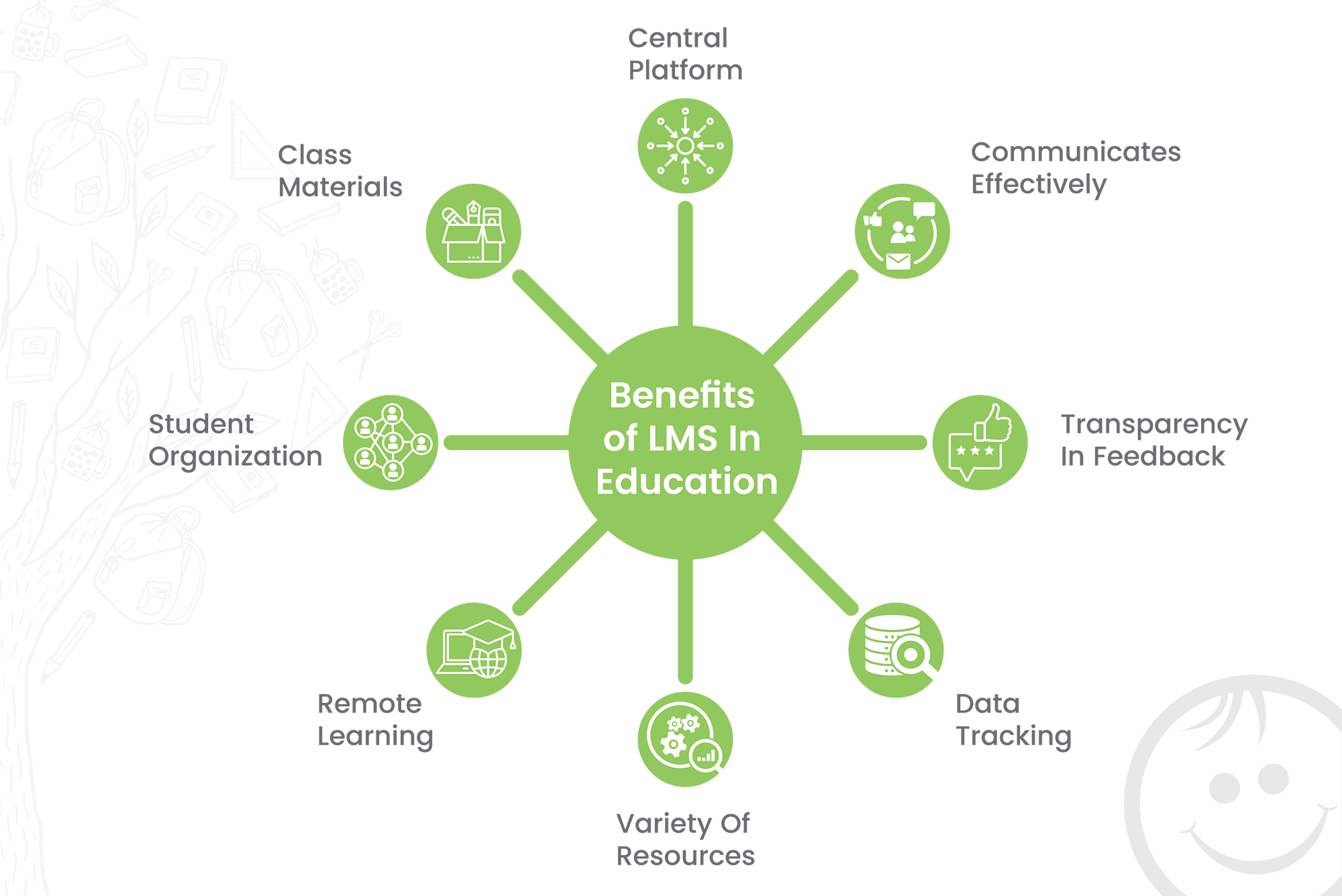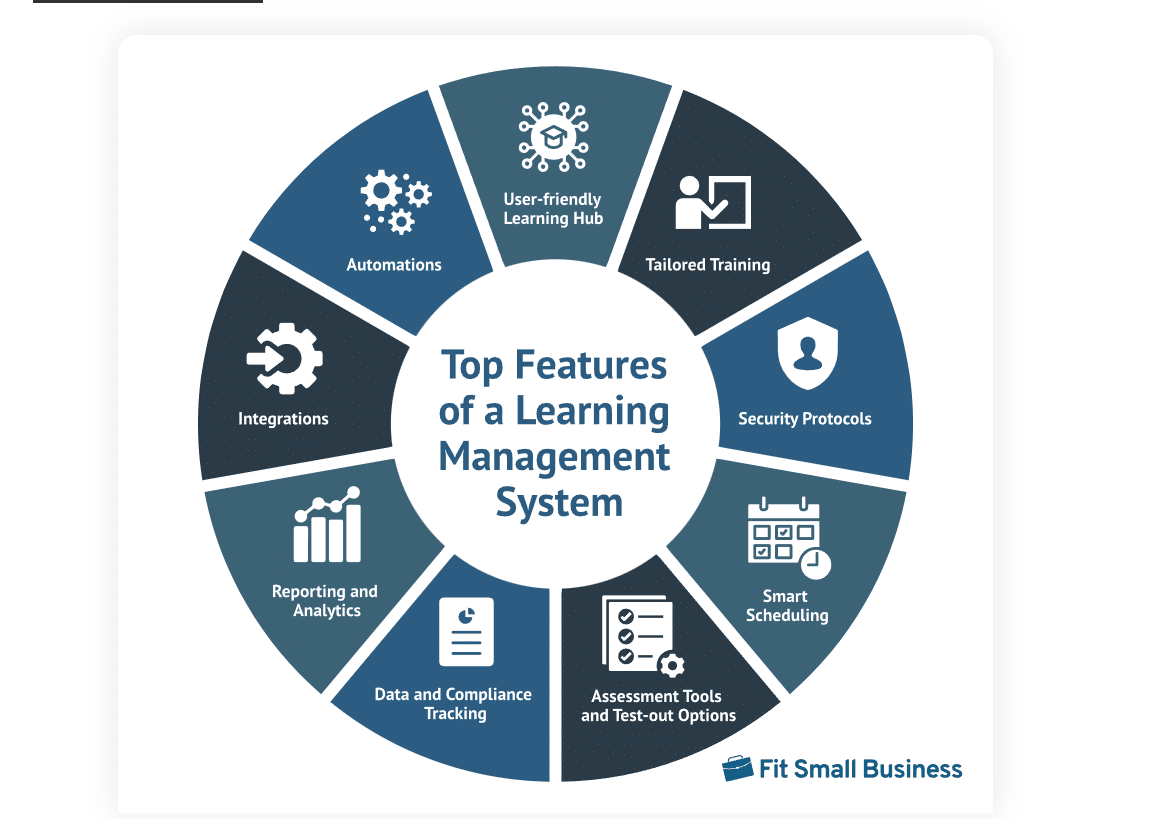Choosing the Ideal Knowing Monitoring System for Your Company
Selecting the optimal Knowing Monitoring System (LMS) for your organization is a multifaceted choice that calls for cautious factor to consider of various elements. From specifying precise discovering purposes that reverberate with your strategic vision to evaluating user experience, each variable plays a pivotal role in the general effectiveness of the system. Furthermore, understanding assimilation capacities and ensuring scalability for future needs can not be ignored. As organizations pursue performance and development, the option of an LMS becomes increasingly significant. What are the essential considerations that can influence your decision-making process?
Define Your Learning Goals
Defining clear learning objectives is important for the successful implementation of a Learning Monitoring System (LMS) These goals work as a roadmap, directing the growth of content, analyses, and total training methods within the LMS. By establishing details, measurable, attainable, appropriate, and time-bound (WISE) goals, organizations can make certain that the learning experiences are lined up with their strategic purposes and student requirements.
Efficient understanding objectives ought to encapsulate what students are anticipated to recognize or be able to do upon completion of a training course or training program. This clearness not only aids in web content creation yet also helps with the evaluation of student progress and the general effectiveness of the LMS. LMS Singapore. Well-defined purposes make it possible for stakeholders to evaluate whether the selected LMS functions and capabilities align with their academic goals.
Assess User Experience
Once finding out objectives have been established, reviewing individual experience ends up being a vital next action in picking an ideal Discovering Administration System (LMS) User experience includes the total fulfillment and simplicity with which students communicate with the system. A well-designed LMS ought to help with instinctive navigation, guaranteeing that individuals can find training courses, products, and support easily.
To examine customer experience, consider performing use screening with a representative example of end-users. Secret aspects to assess consist of the LMS's user interface design, availability attributes, mobile compatibility, and the clearness of directions supplied.
In addition, examine the schedule of assistance resources, such as tutorials and help facilities, which can improve the customer experience. The responsiveness of consumer assistance is also essential; prompt assistance can substantially alleviate frustrations that users may come across. Eventually, selecting an LMS that prioritizes user experience not only enriches the learning process however also cultivates greater engagement and complete satisfaction among learners.

Evaluate Assimilation Capacities
Identifying the importance of seamless performance, reviewing assimilation abilities is critical when choosing an Understanding Monitoring System (LMS) A reliable LMS ought to help with interoperability with existing systems, such as Human Resource Administration Systems (HRMS), Client Partnership Monitoring (CRM) systems, and various other academic devices. This assimilation enhances information flow, reduces management concerns, and ensures a cohesive knowing setting.
When assessing an LMS, take into consideration the kinds of assimilations provided. Look for Application Programming Interfaces (APIs), Single Sign-On (SSO) capacities, and pre-built adapters that enhance assimilation procedures. In addition, verify the LMS's capability to integrate with third-party devices, such as content libraries or assessment platforms, which can significantly improve the knowing experience.

Take Into Consideration Scalability and Adaptability
As companies develop, the capability of a Knowing Management System (LMS) to range and adapt comes to be significantly vital. A scalable LMS can suit development in individual numbers, program offerings, and material without compromising performance or individual experience. As businesses increase, whether through enhanced employees, new areas, or varied training requirements, the LMS ought to flawlessly grow along with these adjustments.
Adaptability is similarly vital; an efficient LMS must support numerous finding out methods, such as online, mixed, and mobile understanding. This have a peek at this website flexibility allows companies to react rapidly to arising trends in training and advancement, guaranteeing that they can supply pertinent and appealing discovering experiences - Singapore LMS. Furthermore, the system must give customizable functions, allowing companies to customize the LMS to their details demands and branding
Additionally, a versatile LMS must incorporate conveniently with existing devices and platforms, facilitating a cohesive discovering community. Thus, when picking an LMS, it is crucial to evaluate not only its current capacities yet also its potential to expand and adapt in alignment with the company's critical goals and progressing discovering requirements. This foresight can significantly boost the long-lasting feasibility of the selected LMS.
Evaluation Costs and Budgeting
When evaluating a Discovering Monitoring System (LMS), evaluating expenses and budgeting is important to guarantee that the financial investment aligns with the company's economic capacities and calculated purposes. Organizations needs to start by identifying the total price of possession, that includes licensing costs, implementation expenses, upkeep, and any kind of extra expenses such as training and technological support.
It is critical to compare different LMS alternatives, as pricing designs can differ considerably among suppliers. Some systems might supply a subscription-based model, while others might bill an one-time cost. Organizations should additionally think about the scalability of the LMS; as they grow, the price structure might transform, influencing long-term budgeting.

Conclusion
Choosing an ideal Knowing Monitoring System (LMS) is vital for attaining business understanding objectives. A detailed analysis of user experience, integration capabilities, scalability, and financial considerations ensures that the chosen LMS aligns with tactical objectives and learner needs. By systematically resolving these variables, organizations can improve discovering results, facilitate seamless operations, and support future growth. Inevitably, the right LMS acts as a critical tool in promoting an effective understanding setting and driving business success.
Choosing the optimal Knowing Management System (LMS) for your company is a diverse decision that calls for mindful factor to consider of different components.Defining clear knowing goals is crucial for the effective execution of a Learning Administration More Bonuses System (LMS)Once finding out purposes have been established, reviewing customer experience ends up being a crucial following action in selecting a suitable Knowing Management System (LMS)As companies progress, the capability of a Learning Administration System (LMS) to range and adapt becomes significantly important.Picking an appropriate Learning Monitoring System (LMS) is vital for attaining business understanding objectives.